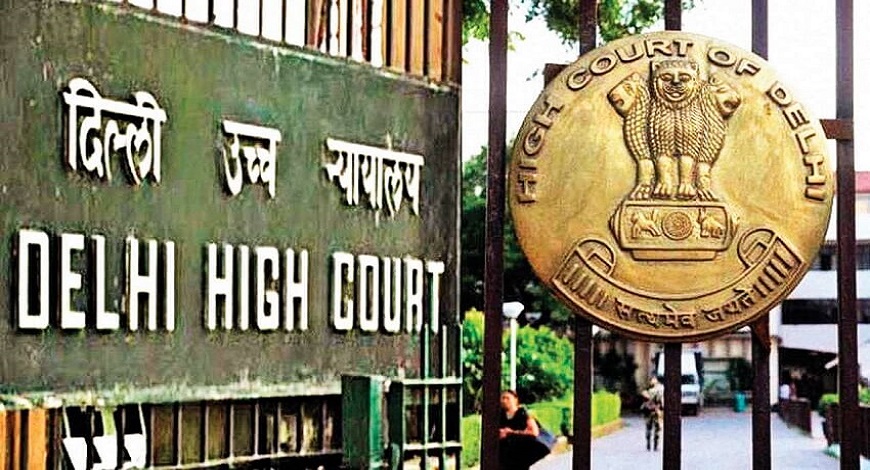Observing that bringing into force of any enactment is a “purely sovereign function”, the Delhi High Court on Wednesday refused to entertain a plea seeking implementation of the Whistle Blowers Protection Act, 2014.
The Division Bench comprising Chief Justice D.N. Patel and Justice Jyoti Singh, while dismissing the instant public interest litigation filed by a Covid-19 frontline health professional and a WhistleBlower, underlined thus:
“It ought to be kept in mind that enactment of the law is a sovereign function to be performed by the Parliament or the State Legislatures under the Constitution. Similarly, bringing into force the enacted law is also a sovereign function. No writ can be issued giving a direction to the Respondents to pass any law in the Parliament or to pass any law in the State Legislatures.”
In addition, the Bench noted that law is nothing but the “desire of the people”, which is being represented by the Parliament or the State Legislatures. “It is in the wisdom of the Parliament or the State Legislatures to enact the law…. The enactment of the law and bringing the same into force, both are purely sovereign functions,” said the Bench while giving instances of other enactments which though have been amended by the Parliament but are yet to be brought into force like Amendment to the Industrial Disputes Act.
Referring to other tasks which are “purely sovereign functions” such as printing of currency notes, declaring war, etc., the Bench made it clear that no writ, order or direction can be issued upon respondents in respect thereof.
Leaving the decision on the implementation of the Act in question on the wisdom of the Parliament, the Bench observed that there is no substance in the instant petition and accordingly, dismissed it.
Filed by Advocate Payal Bahl, on behalf of one Dr. Mohammad Ajazur Rahman, the plea alleges that the Central Government has made no efforts to implement the Whistle Blowers Protection Act, 2014, which aims at establishing a mechanism to receive complaints relating to disclosure on any allegation of corruption or wilful misuse of power against any public servant.
Also read: Delhi High Court issues notice to Delhi Government on installation of CCTV in public schools
“The Union of India has not brought any notification or formulated any Rule and/or Regulations under the provision of the Whistle Blowers Protection Act, 2014 till date to safeguard the interest of the honest, bonafide and genuine citizens and public servants,”
-reads the plea claiming that such inaction is violating the fundamental right of citizens to speak the truth as enshrined under Articles 14, 19 and 21 of the Constitution.


